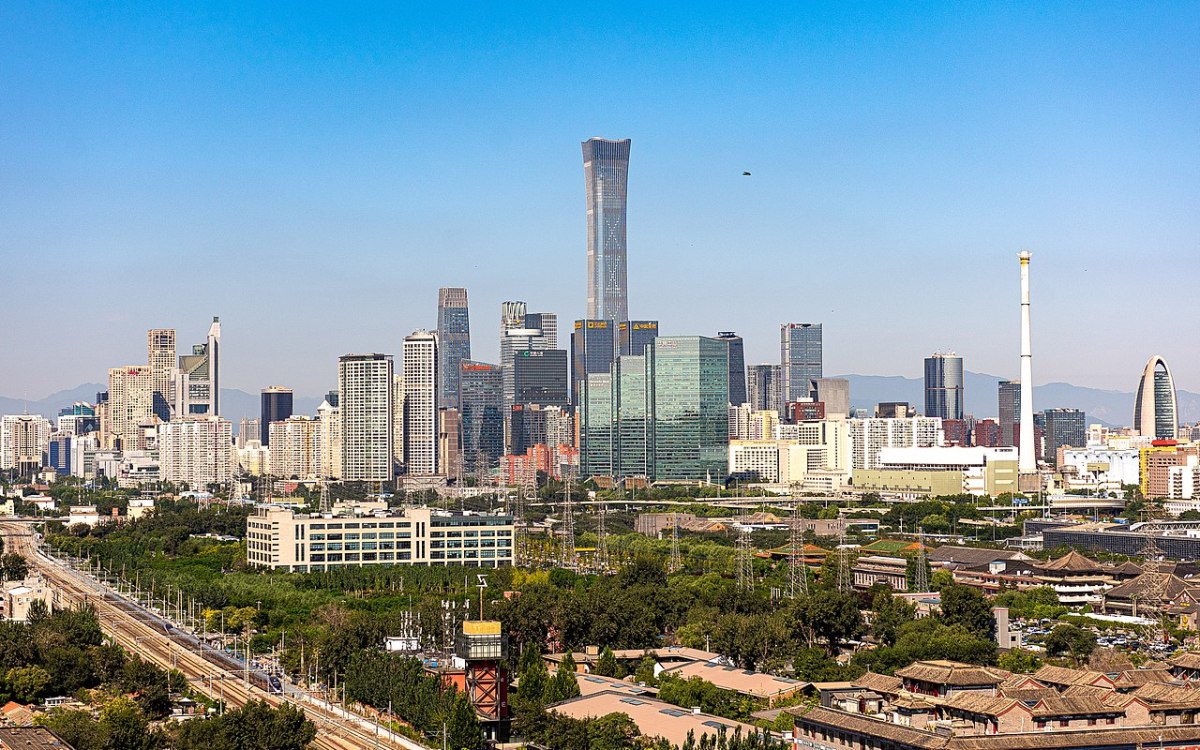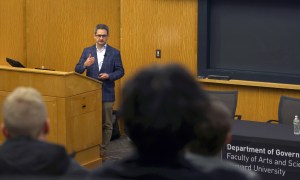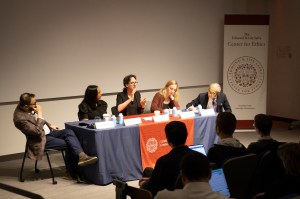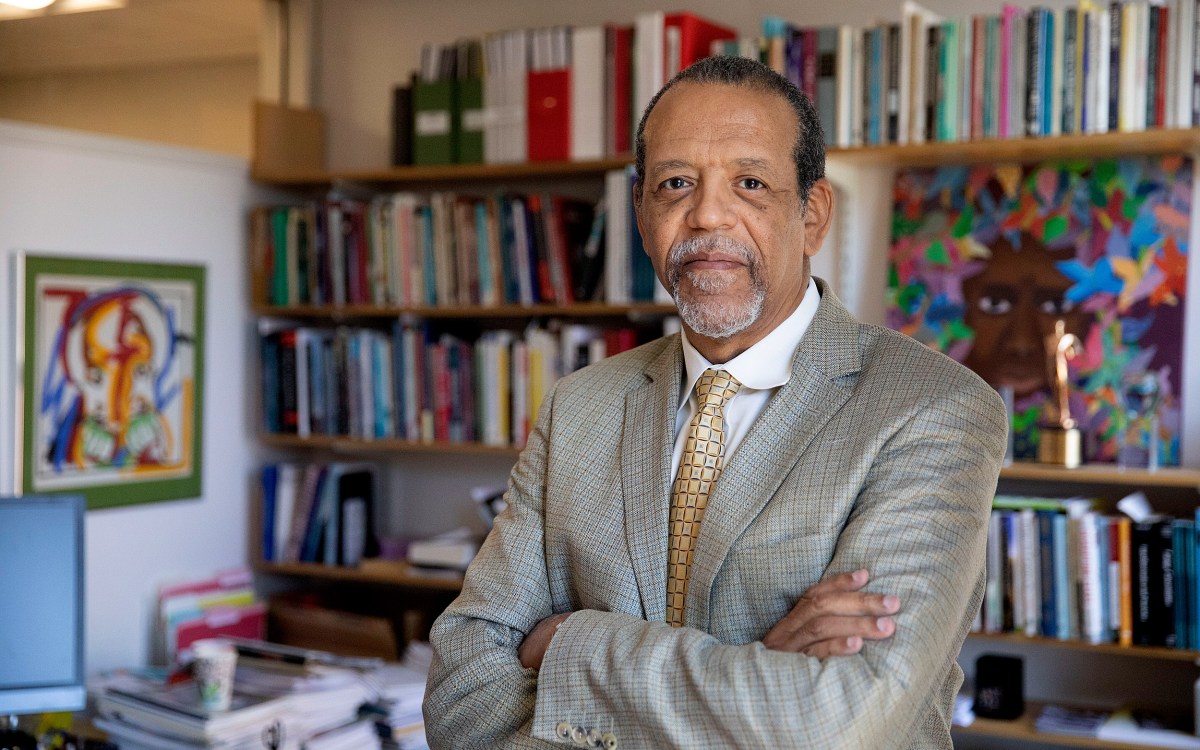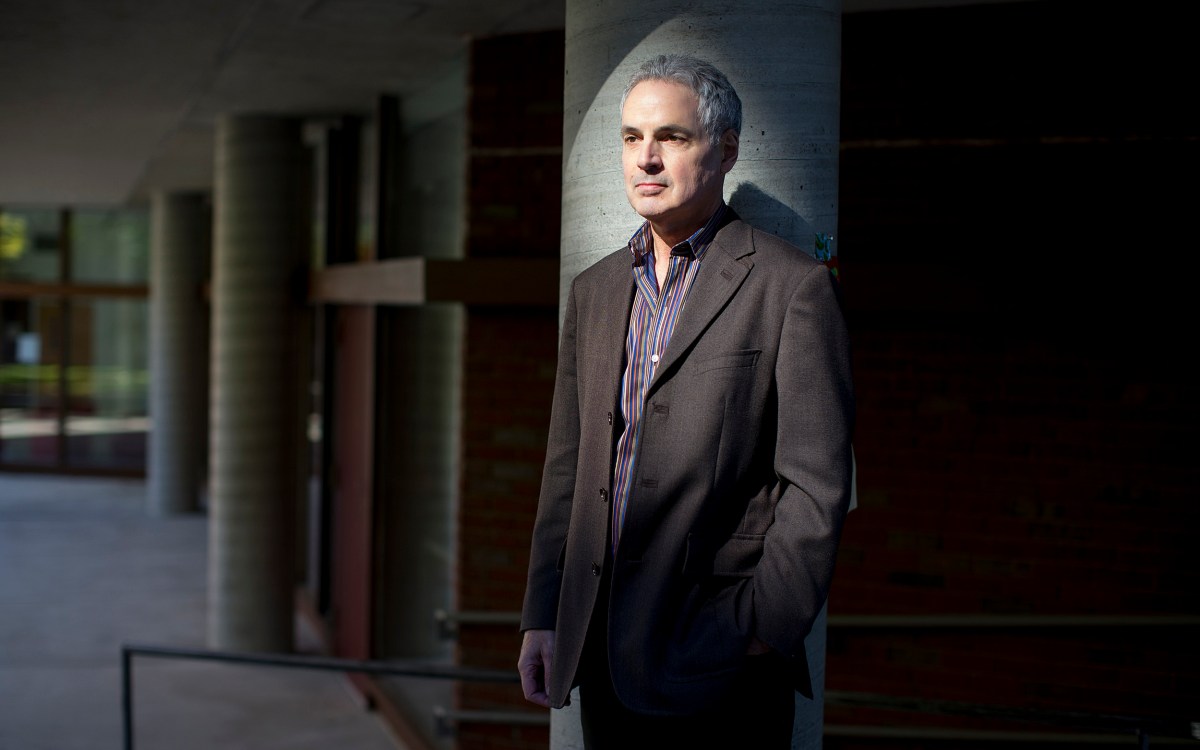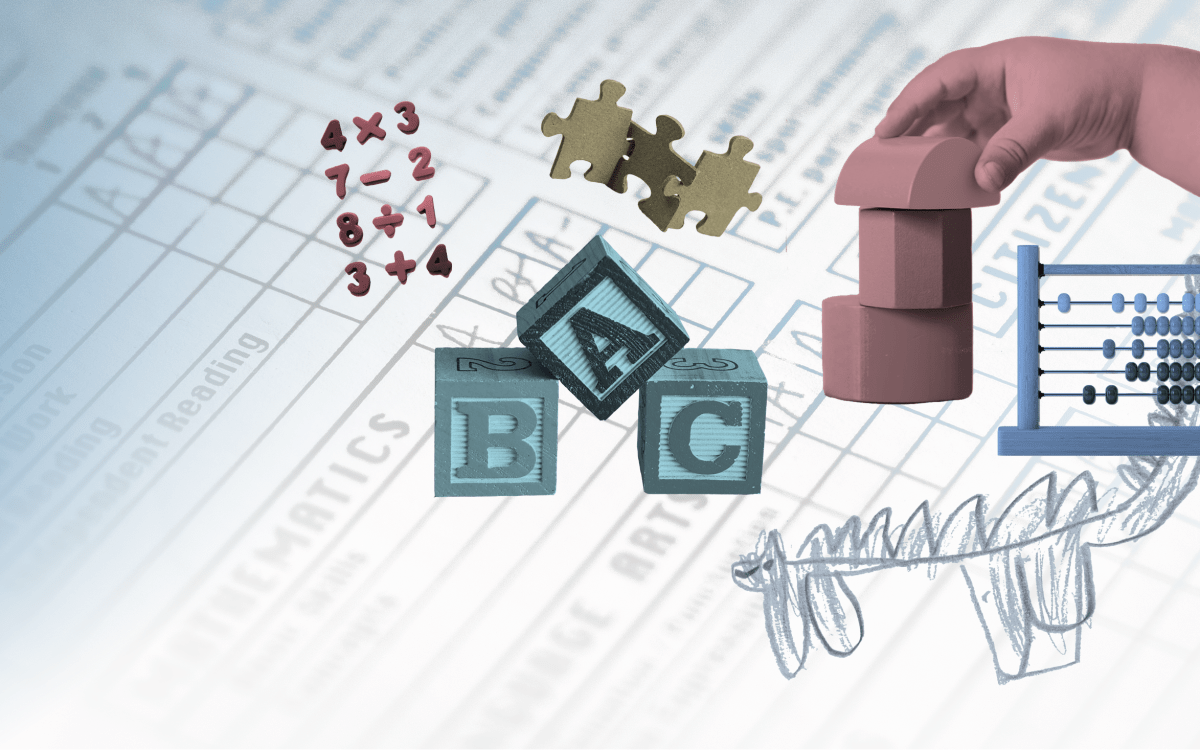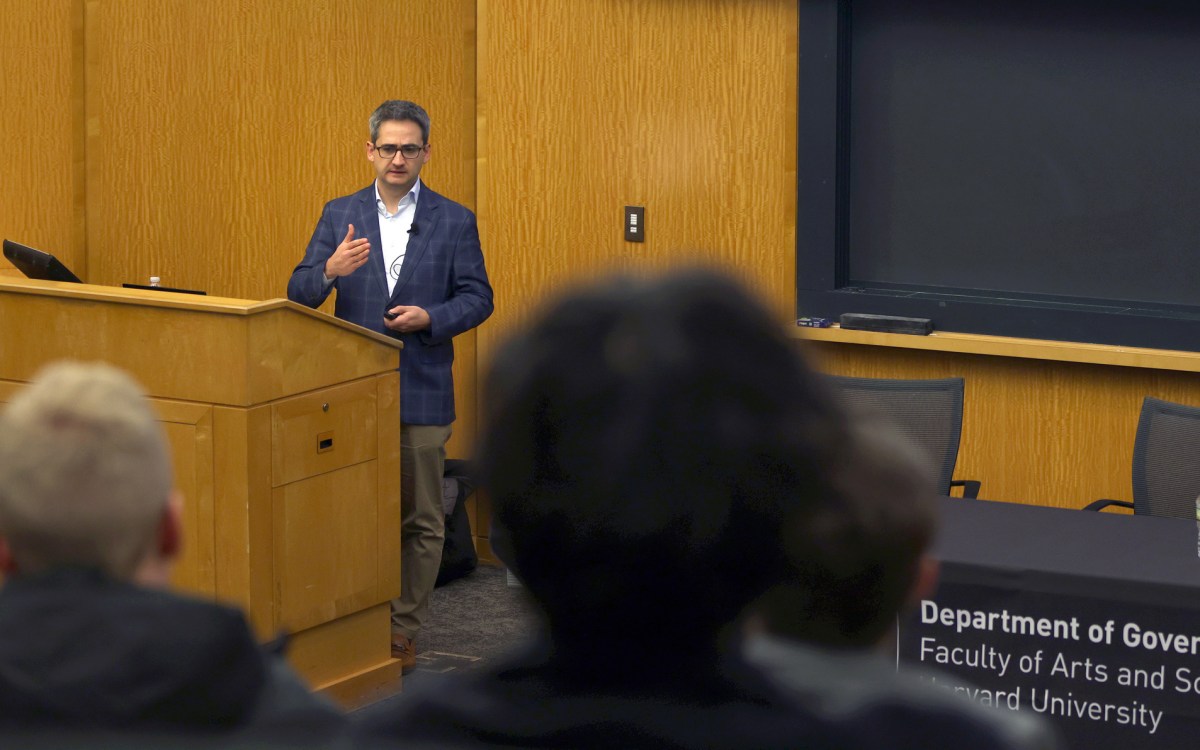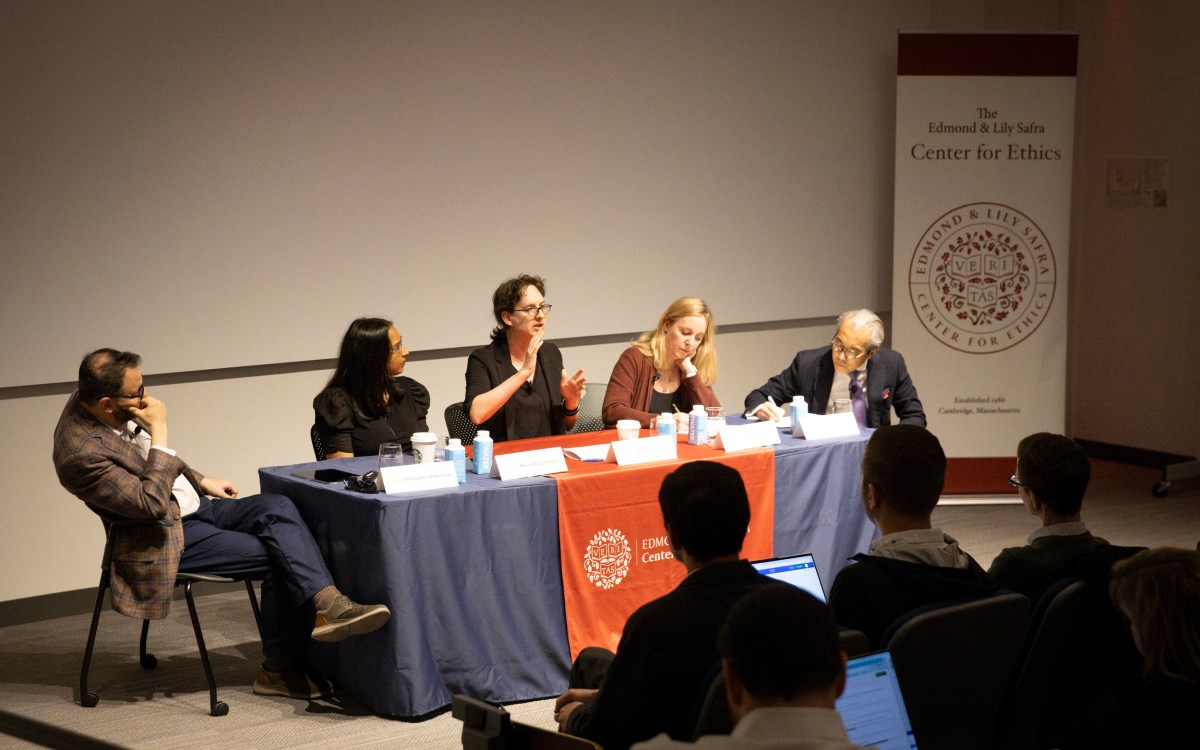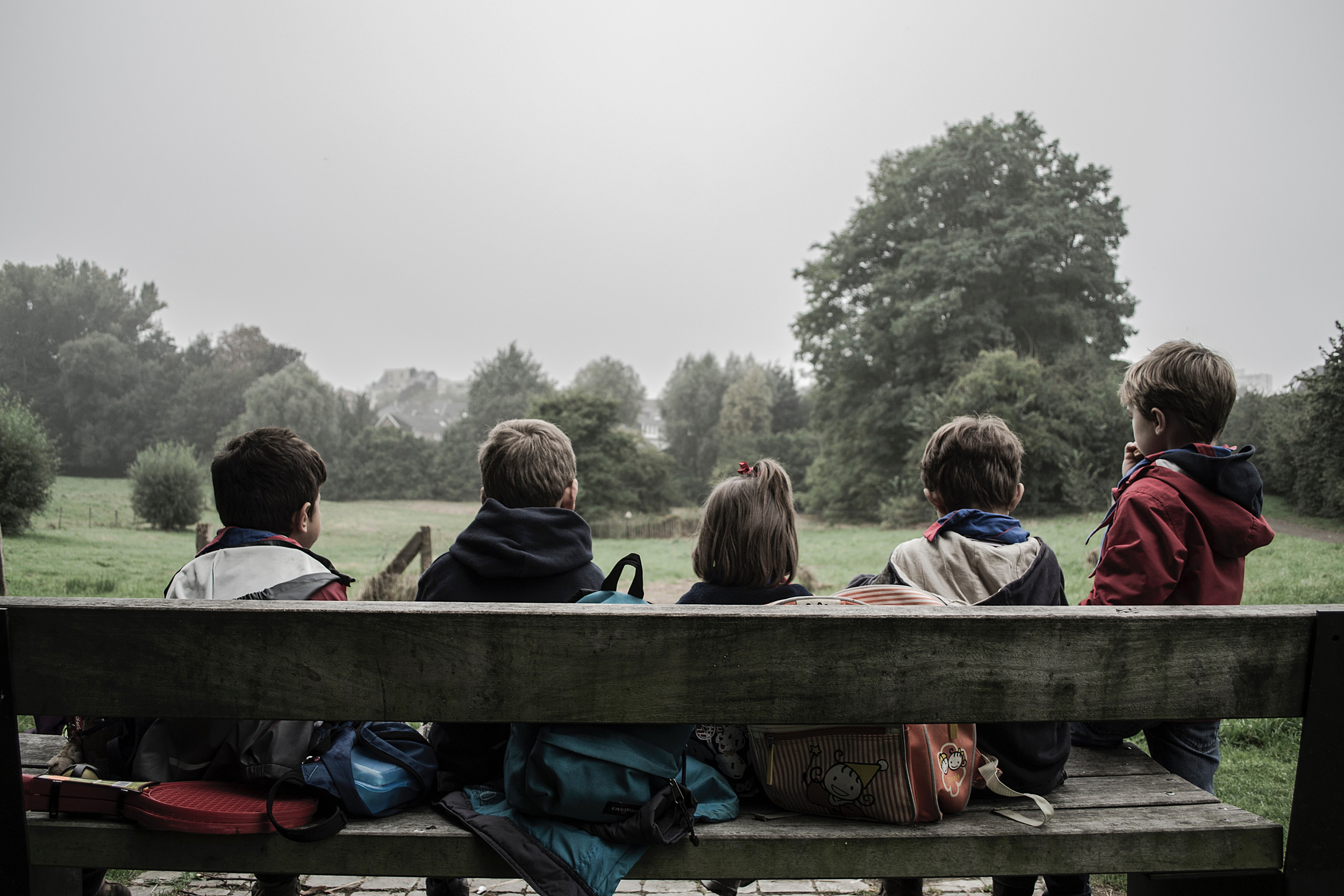
Author Leah Plunkett says despite temptation, children’s privacy should be taken seriously on social media.
Piron Guillaume/Unsplash
The do’s and don’ts of sharing about your children online
Leah Plunkett shares some tips from her new book, ‘Sharenthood’
Leah Plunkett serves on the Youth and Media team of researchers at the Berkman Klein Center for the Internet & Society, focusing on student privacy, digital citizenship, and educational equity. The publication of her first book, “Sharenthood,” this month says the many ways adults can compromise children’s privacy is an “over-sharenting crisis.”
“People have the hardest time getting used to the idea that a baby photo has a realistic chance of harm. They think the odds are low, but I don’t think it is. Even if I accept that the odds are low, it’s incumbent on us as parents, grandparents, teachers, to model the kind of citizenship we want them to have,” she said. “If we don’t model asking tough questions about surveillance, they’re not going to be the ones speaking up when they are on their own. I want to raise kids who are going to say, ‘Tell me more about that.’”
Plunkett, a faculty associate who graduated Harvard College in 2001 and Harvard Law School in 2006, gave the Gazette her do’s and don’ts for navigating technology when it comes to kids (hint: smart diapers are a no-no):
DON’TS
- Even before the baby is born, don’t share news of your pregnancy online. No medical information, no sonogram, no details from a fertility app or bracelet.
- Don’t share any details of a baby’s birth on social media. “That’s one of the hardest times not to share,” she said. “Don’t do a full name, and that includes middle names, place of birth, or identifying details. You start laying the groundwork for identify theft.”
- Stay away from smart/AI products for infants or very young children. Think smart diapers and baby booties embedded with sensors. “You’re creating a very intimate status trail for aggregating information for your child at a very young age.”
- Don’t post photos of babies or children when they’re less than fully dressed, “Even a perfectly innocent picture of kids in a bubble bath or at the beach.” The reason is twofold. “We know, unfortunately, that child pornographers will repurpose images, but it also teaches children about body autonomy and boundaries. One way for parents to think about it is to ask themselves: When you were 13, imagine that you could have Googled yourself and saw a photo of when you were 3. If that photo you found would have embarrassed your 13-year-old self, it likely will embarrass your kids when they grow up.”
- Don’t use digital surveillance or tracking technologies on your child. “Unless you feel you have no other viable option for dealing with that parenting challenge, these tracking technologies have a couple of harms. It’s difficult, if not impossible, to know the full scope of data collection, how it will be used, shared, and repurposed. The other harm is that it inhibits children and teenagers’ sense of autonomy, and how to make good judgments about where to go and with whom. I had an uncomfortable conversation with my own elementary-school-age student who wanted a Gizmo Watch, which allows two-way calling and has tracking on your smart phone. He really wants to walk to and from school by himself. He was trying to make the case that if something happens, he could call me for help and I would know where he was. I said, ‘Buddy, if something happens, you should get another parent nearby.’ For me, I would like my child to learn about moving through the world in a way that he doesn’t think I’m tracking his every move or I can fix every problem.”
- Don’t share anything about your child that you wouldn’t have wanted your parent to have shared about your adolescent self. “The lawyerly term is substituted decision-making, but the idea is that the teenage self might feel a little uncomfortable when it encounters images of or information about its younger self.”
DO’S
- Do share if you are a parent raising a child with a disability or chronic illness. That personal information can help raise awareness, advocate for research, and even help get life-enhancing services.
- Do share when it’s hard to fulfill the demands of your professional job and to be a parent. “If there’s a very concrete life benefit — you’re a single parent and balancing everything gets easier if you regularly got Amazon Prime food deliveries, that’s a reason to share.”
- If your family finds itself geographically isolated from opportunities for your child, or if your child has an identity that’s not mainstream in the community, digital platforms can be a key way to connect.
